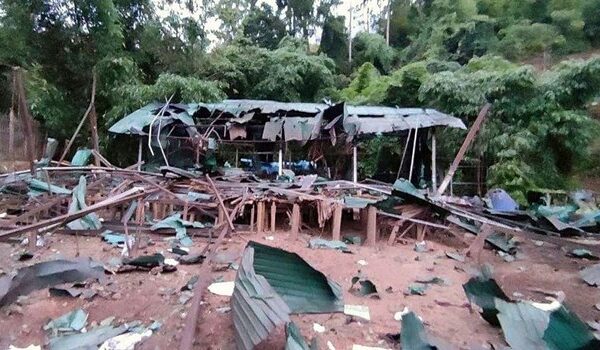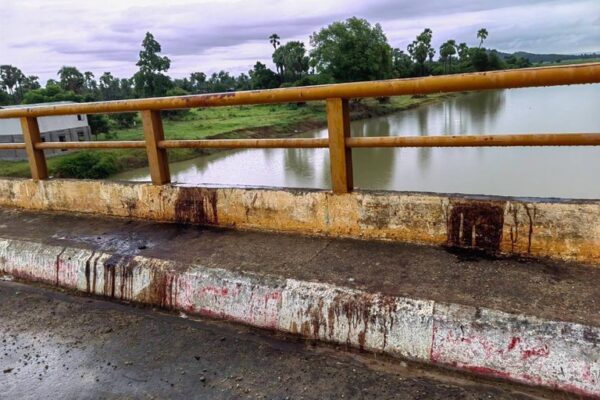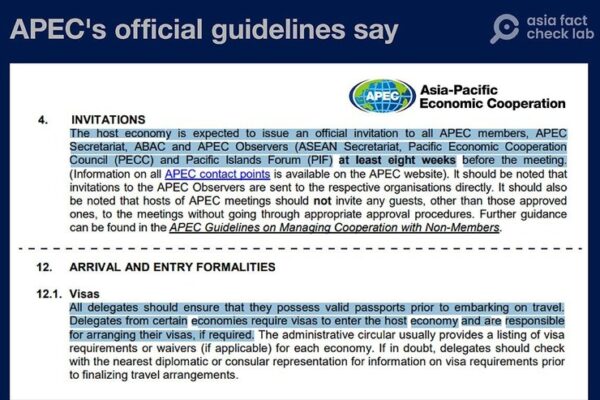
Escaped Taiwanese drug lord ran trafficking ops from Cambodia prison
A Taiwanese drug lord freed from his 52-year jail sentence by masked gunmen while he was on a prison-granted dentist visit was conducting secret drug trafficking operations from Cambodia to Taiwan as recently as in 2020, despite being behind bars in Siem Reap, Radio Free Asia has learned. Court documents from Taiwanese authorities uncovered by RFA Investigative reveal that Chen Hsin Han, a Taiwanese national arrested on drug charges in Cambodia in 2009, managed to smuggle nearly 2 kilograms (4.4 pounds) of heroin to an associate in Taiwan in 2020 using a middleman he met while incarcerated. It is unclear whether Cambodian prison authorities were aware that Chen was conducting these illicit activities while in jail. But the degree to which he had access to outside resources could help explain his stunning escape on Thursday morning, when he was sprung from police custody by five men wearing masks after they charged into a dental clinic Chen was visiting. Footage from the raid shows the men pointing guns at prison guards accompanying Chen whom they had tied up while they searched for the drug lord before escaping with him. The group apparently abandoned the Lexus they drove to make their getaway, which was found several hours later with guns, masks, clothes and other materials left inside, Prison Department spokesman Nuth Savna said. “The reason the suspects could free the prisoner was because they pointed guns at the guards,” he said. “If we fought they would shoot us.” Chen Hsin Han, who was in prison for drug trafficking in Cambodia, is seen in custody in this undated photo. Credit: Fresh News Chen, 45, was arrested in 2009 and later sentenced to 52 years for drug trafficking. Before the escape, he was being held at a prison near the provincial capital of Siem Reap in northwestern Cambodia. Court records from Taiwan described his role in at least two heroin smuggling cases dating to fall 2020. According to the documents, Chen masterminded one scheme to smuggle 28 cans of what was purported to be durian paste into Taiwan through Thailand. Chen instructed an associate, Nathan Guy Garrett – said to be a U.K. national he met in Siem Reap prison – to help with the shipments, but Thai authorities discovered that the containers were filled with heroin. Weeks later, Chen instructed Garrett to transport six handbags filled with 2 kilograms of heroin into Taiwan to help distribute them there with another associate, Chan Yuxuan. Chan Yuxuan, was arrested in November 2020, along with Garrett and a driver. They were indicted in 2021. Their charging documents noted WhatsApp communications with Chen about the schemes and that Chen had the ability to remotely control drug deliveries from prison. For example, when Garrett needed to take drugs to another city in Taiwan, he immediately reported to Chen that he didn’t have money for transportation. “Chen promised to transfer the money immediately.” Chen then instructed another Taiwanese individual to assist in transferring money to Garrett promptly, the indictment said. Cambodian police have arrested six men connected to Chen’s escape this week, but he remains at large as of Friday.




